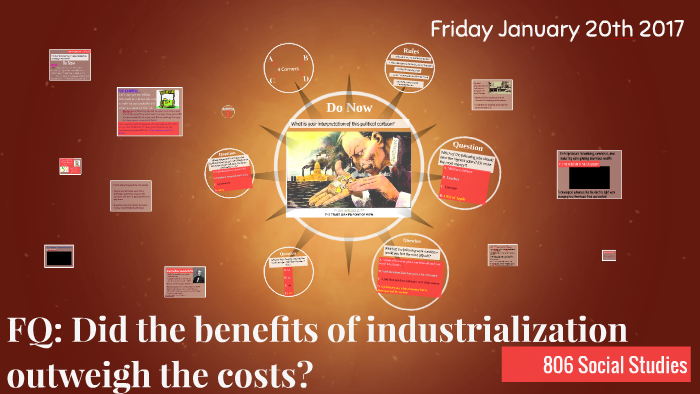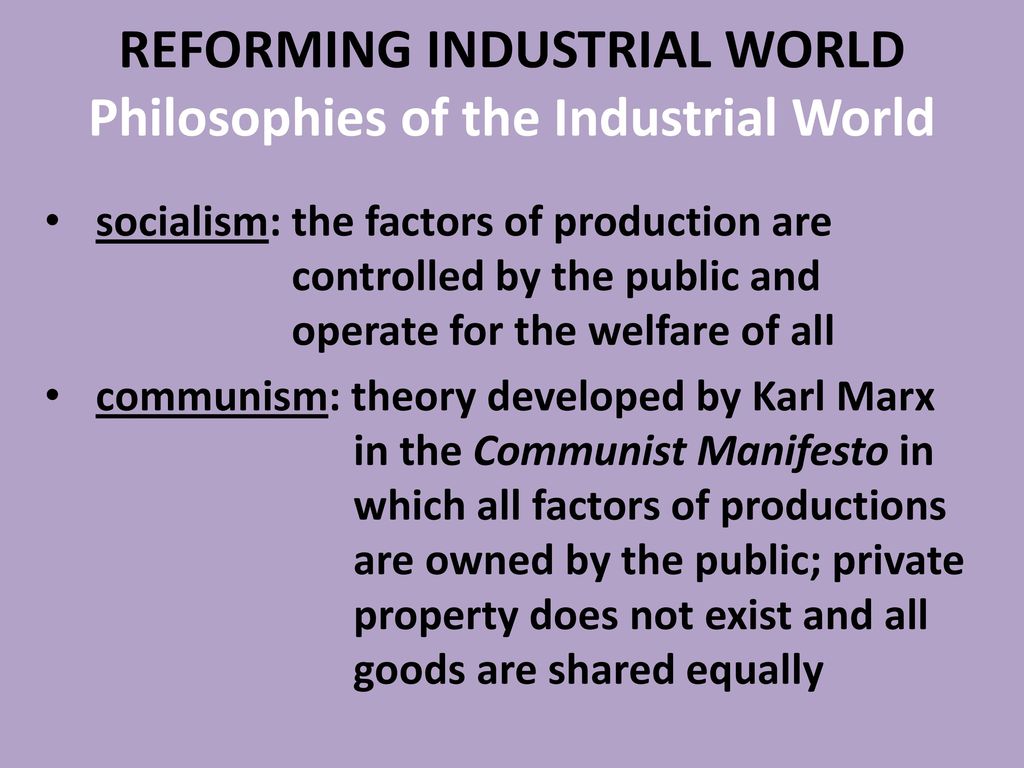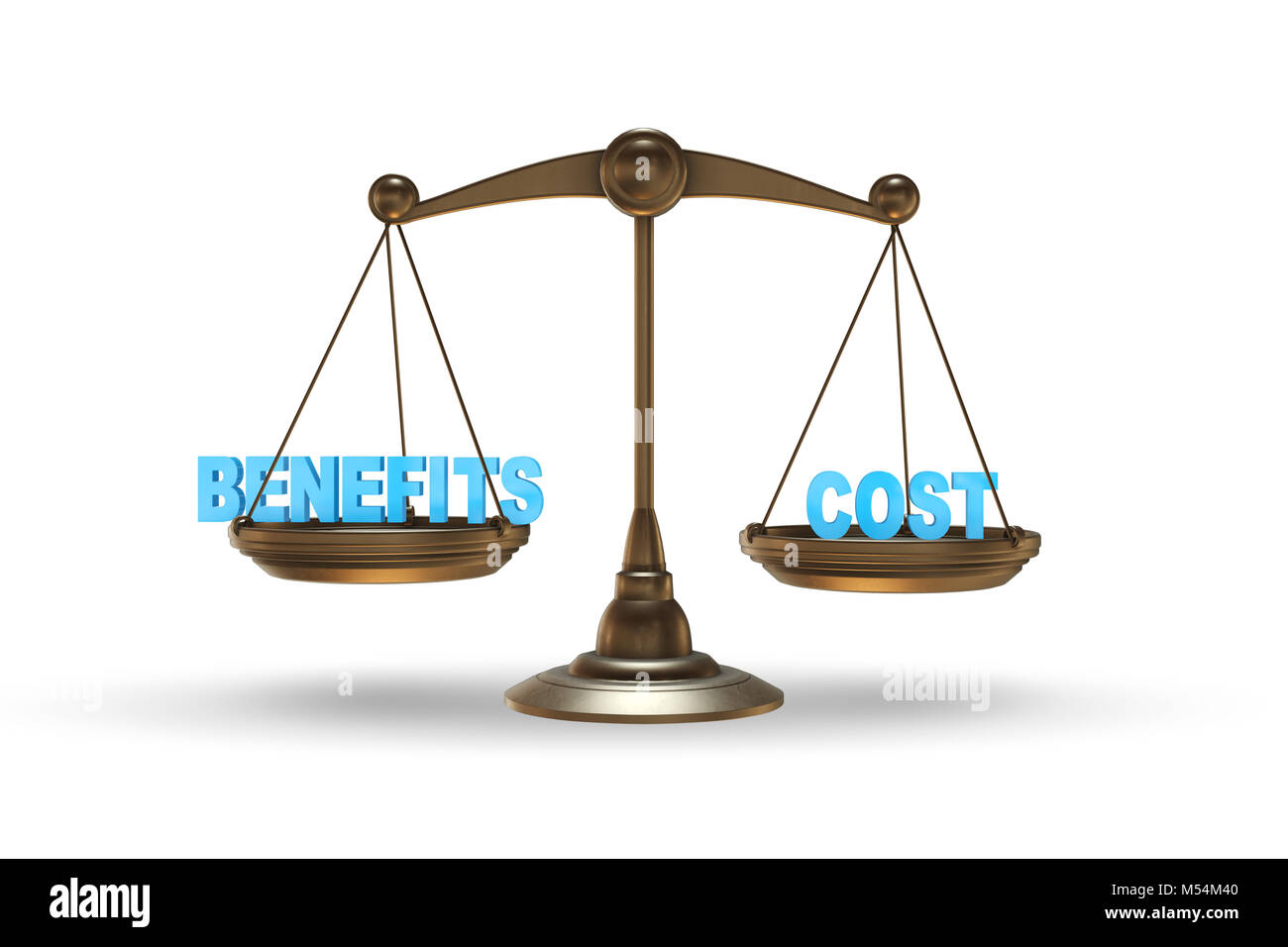Did The Benefits Of Industrialization Outweigh The Costs

Imagine a world cloaked in twilight, where the rhythm of life is dictated by the rising and setting sun. Families huddle together, their days consumed by agriculture, their horizons limited to the familiar fields and forests. Then, a spark ignites – the spark of industrialization, promising a future illuminated by innovation and progress. But was this promise truly fulfilled, or did the shadows of progress obscure a darker reality?
This article delves into the complex question of whether the benefits of the Industrial Revolution truly outweighed its costs. We will explore the transformative changes it brought to society, economy, and the environment, weighing the advancements against the social and ecological consequences that rippled through generations.
The Dawn of Industry: A World Transformed
The Industrial Revolution, beginning in the late 18th century in Great Britain, was a period of unprecedented technological advancement.
New machines, powered by steam and later electricity, revolutionized production processes. Factories sprang up, attracting workers from rural areas to urban centers.
This marked a fundamental shift from agrarian societies to industrialized ones.
Technological Triumphs and Economic Expansion
The invention of the steam engine, attributed to James Watt, stands as a cornerstone of this era.
It powered factories, locomotives, and ships, enabling mass production and facilitating trade on a global scale. According to data from the Bank of England, this period saw unprecedented economic growth.
Innovations in textile manufacturing, iron production, and transportation led to a surge in productivity and wealth creation.
The Rise of a New Middle Class
Industrialization fostered the growth of a new middle class. This group, comprised of factory owners, managers, and professionals, enjoyed increased economic prosperity and social mobility.
With newfound wealth came opportunities for education, leisure, and cultural enrichment. They fueled advancements in science, art, and literature, leaving an indelible mark on society.
This class advocated for political and social reforms, shaping the modern world.
The Price of Progress: Shadows on the Horizon
While industrialization undeniably brought progress, it also cast a long shadow of negative consequences. The rapid pace of change created profound social and environmental challenges.
These issues demanded attention and solutions that were often slow in coming.
The plight of the working class, in particular, revealed the darker side of this era.
The Suffering of the Working Class
The factory system, while efficient, often exploited workers, particularly women and children. They labored long hours in hazardous conditions for meager wages.
Reports from the time, such as those compiled by the British Parliamentary Papers, document the appalling conditions in factories and mines. Overcrowding, pollution, and disease plagued urban slums where workers lived.
The lack of regulations and worker protections led to widespread suffering and social unrest.
Environmental Degradation: A Legacy of Pollution
Industrialization had a devastating impact on the environment. The burning of coal and other fossil fuels released vast quantities of pollutants into the air and water.
This resulted in smog-filled cities, contaminated rivers, and widespread respiratory illnesses. The long-term consequences of these environmental abuses continue to be felt today, with climate change standing as a stark reminder of the industrial era's environmental footprint.
Deforestation and resource depletion further exacerbated the ecological damage.
Social Disruptions: A Changing Social Fabric
The rapid shift from rural to urban life disrupted traditional social structures and family dynamics. People migrated to cities in search of work, often leaving behind their support networks and communities.
This led to feelings of isolation, alienation, and social fragmentation. The rise of individualism, while empowering in some ways, also contributed to a decline in social cohesion.
Traditional crafts and skills were rendered obsolete by mass production, leaving many artisans unemployed and impoverished.
A Balanced Perspective: Weighing the Scales
Determining whether the benefits of industrialization outweighed the costs requires a nuanced and balanced perspective. It's essential to acknowledge both the profound advancements and the significant drawbacks.
The Industrial Revolution undeniably improved living standards for many, creating wealth, opportunities, and technological marvels. However, it also created widespread suffering, environmental damage, and social inequalities.
The question is not whether industrialization was "good" or "bad," but rather, how can we learn from the past to create a more sustainable and equitable future?
The Enduring Legacy: Lessons for Today
The Industrial Revolution serves as a cautionary tale, reminding us of the importance of responsible innovation and sustainable development. It highlights the need to prioritize human well-being and environmental protection alongside economic growth.
Modern societies are grappling with similar challenges, such as automation, globalization, and climate change. The lessons learned from the Industrial Revolution can inform our approach to these issues, guiding us towards a future that benefits all of humanity.
By embracing technological advancements while mitigating their negative consequences, we can strive to create a world that is both prosperous and sustainable.
Reflecting on the Future
The legacy of the Industrial Revolution is complex and multifaceted. It shaped the world we live in today, for better and for worse.
By understanding its impact, we can learn from its mistakes and strive to create a future where progress is not achieved at the expense of human dignity or environmental sustainability.
The path forward requires a commitment to social justice, environmental stewardship, and responsible innovation. Only then can we ensure that the benefits of progress are shared by all, and that the shadows of the past do not darken our future.











.jpg)



:max_bytes(150000):strip_icc()/Cost-benefitanalysis-3be1b4befc724d8ca1e69760344ece2f.jpg)


